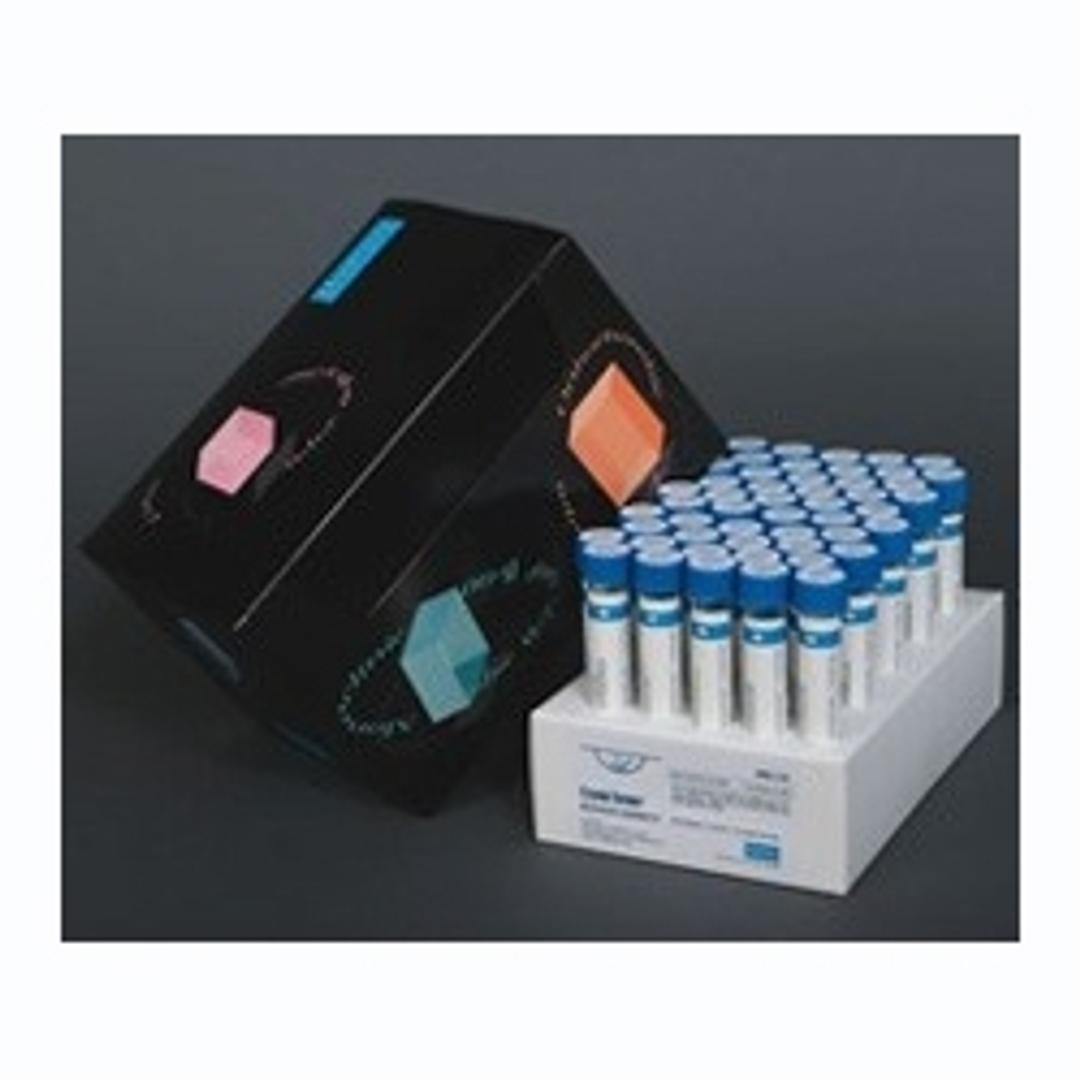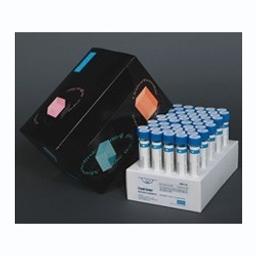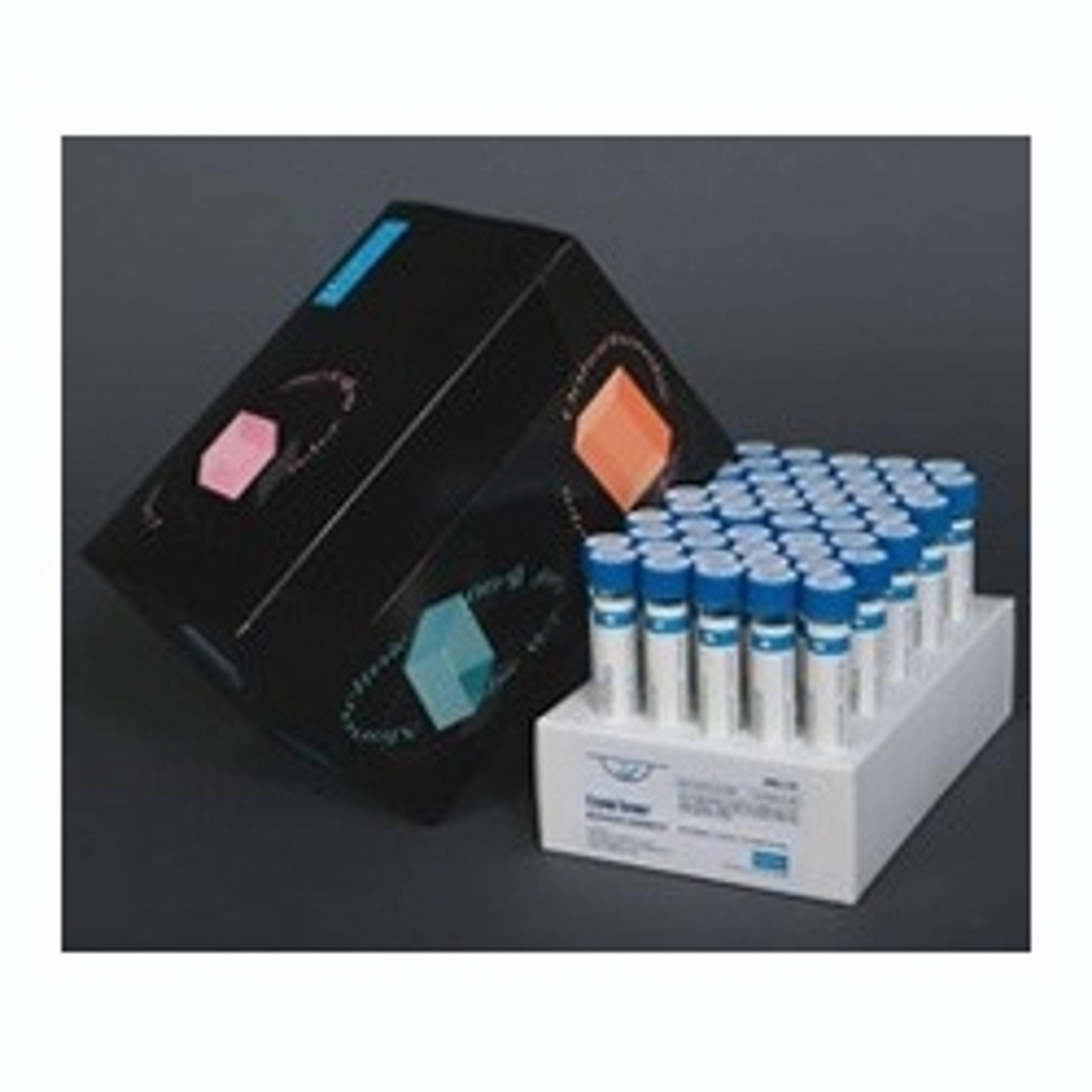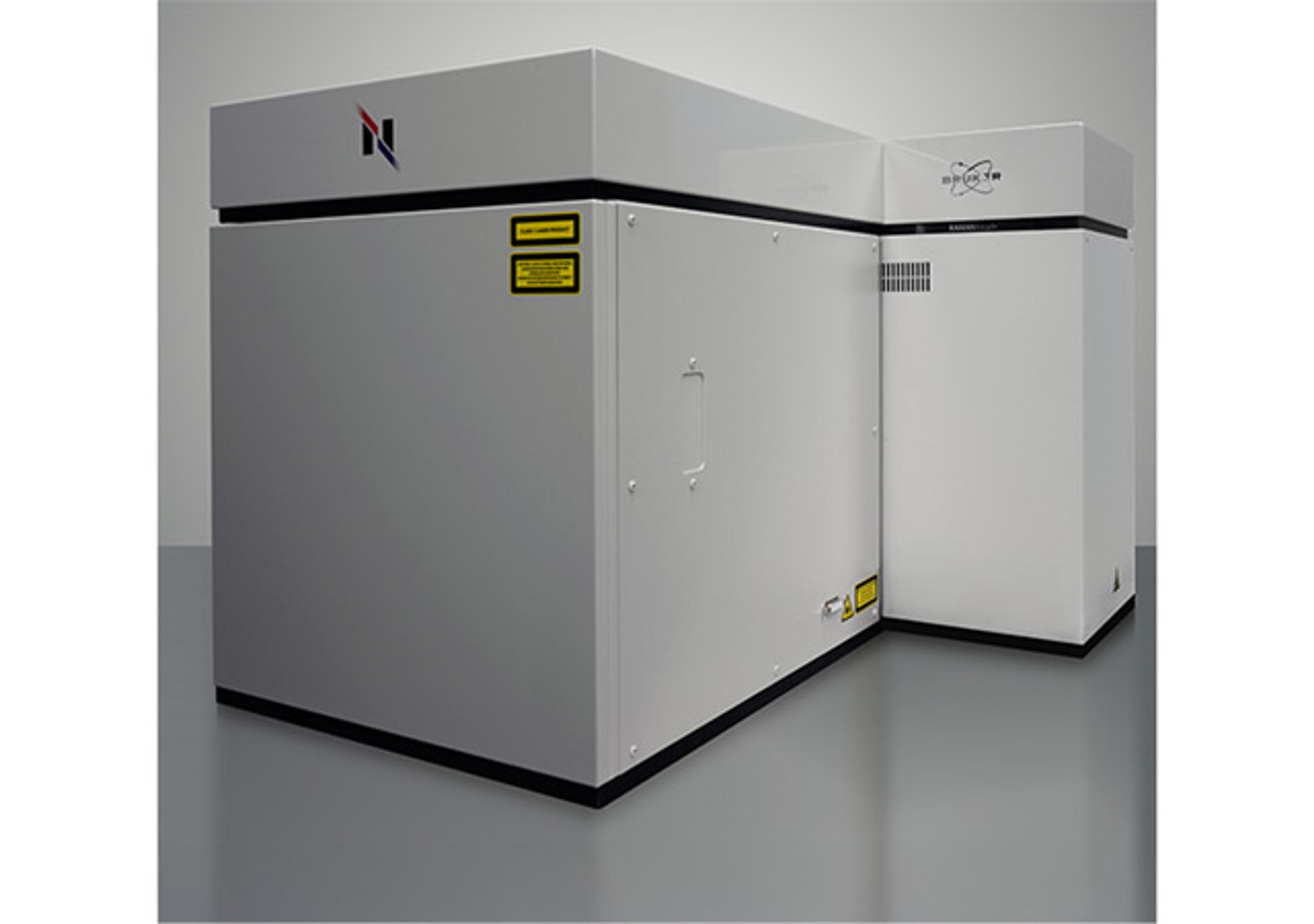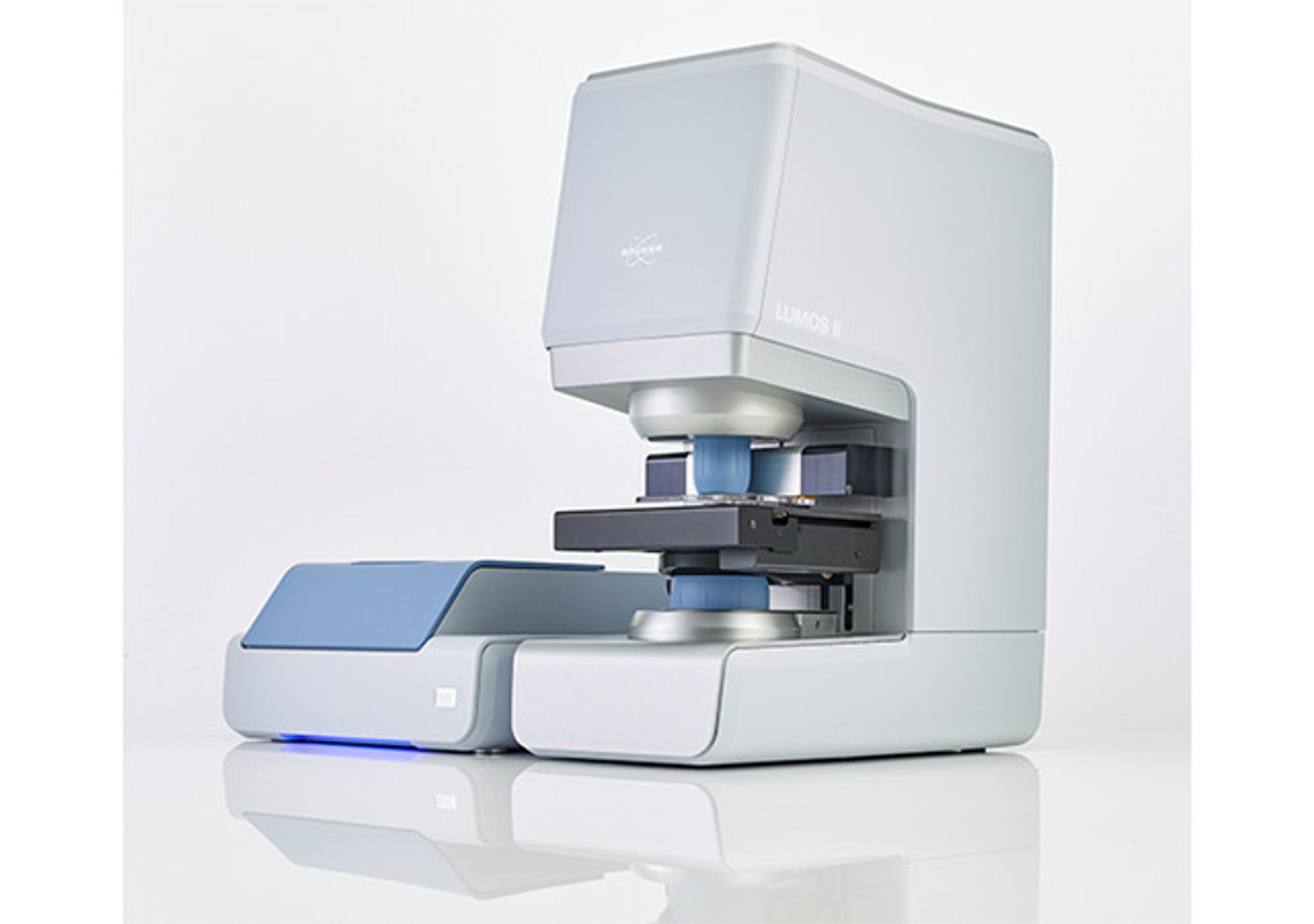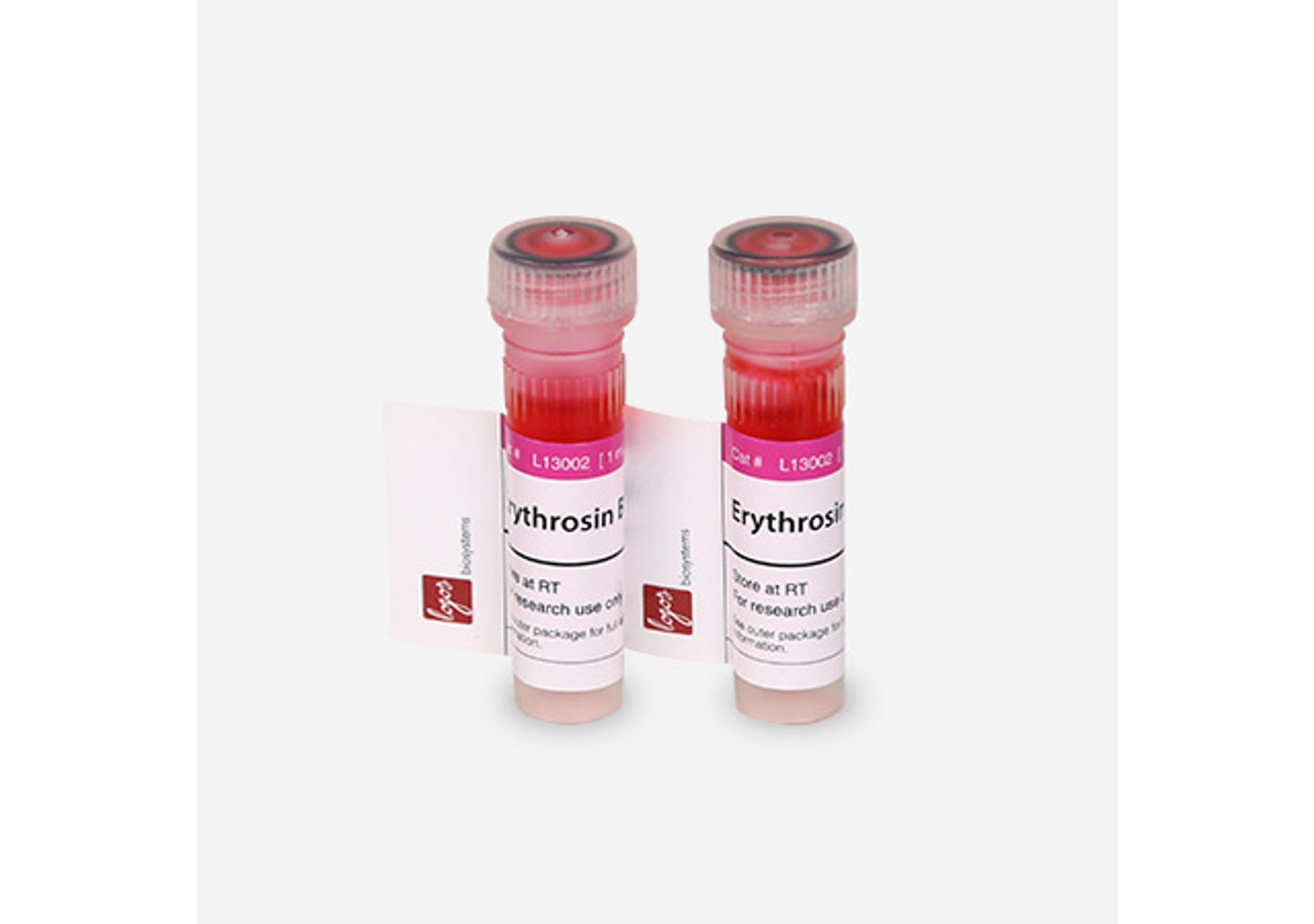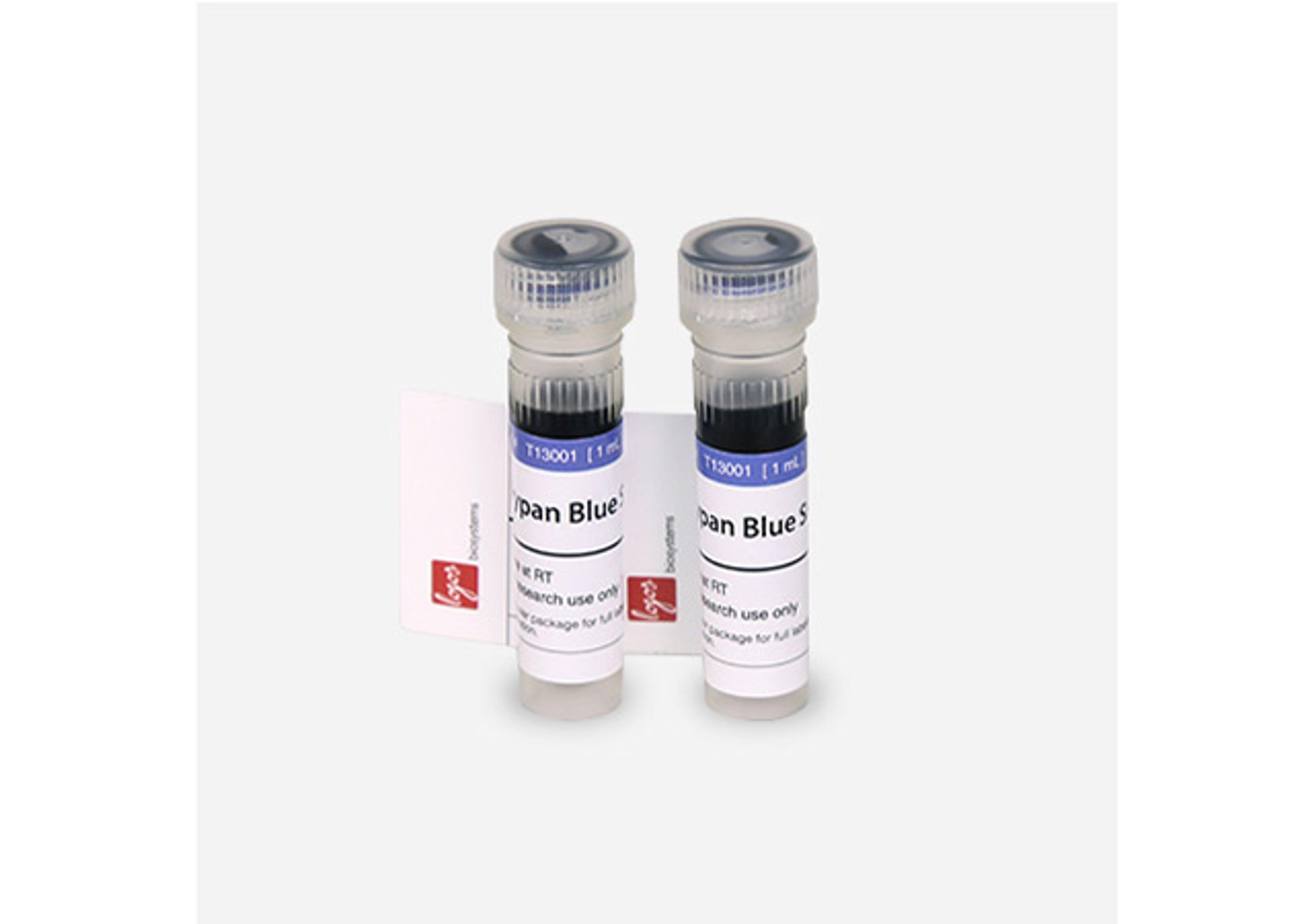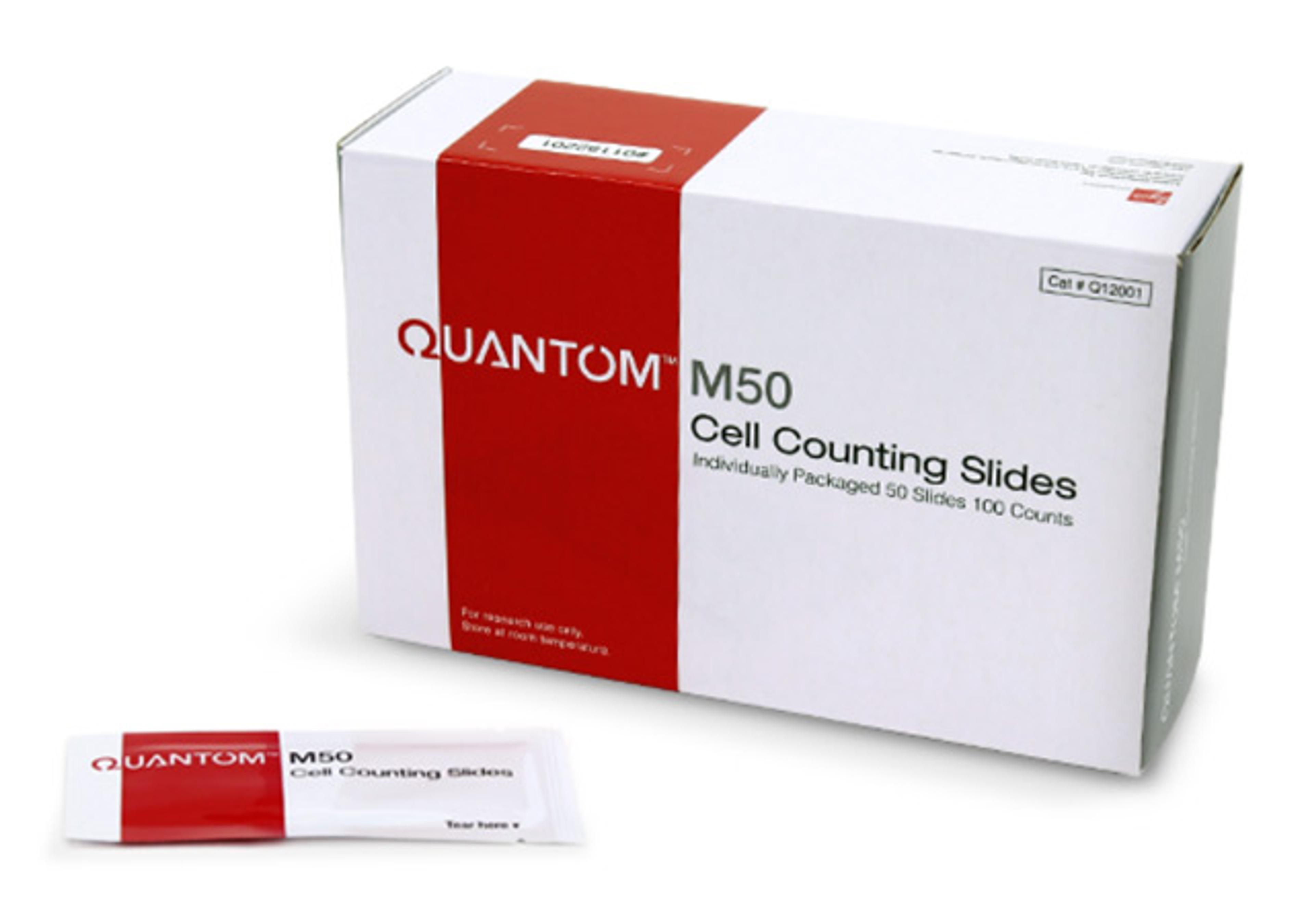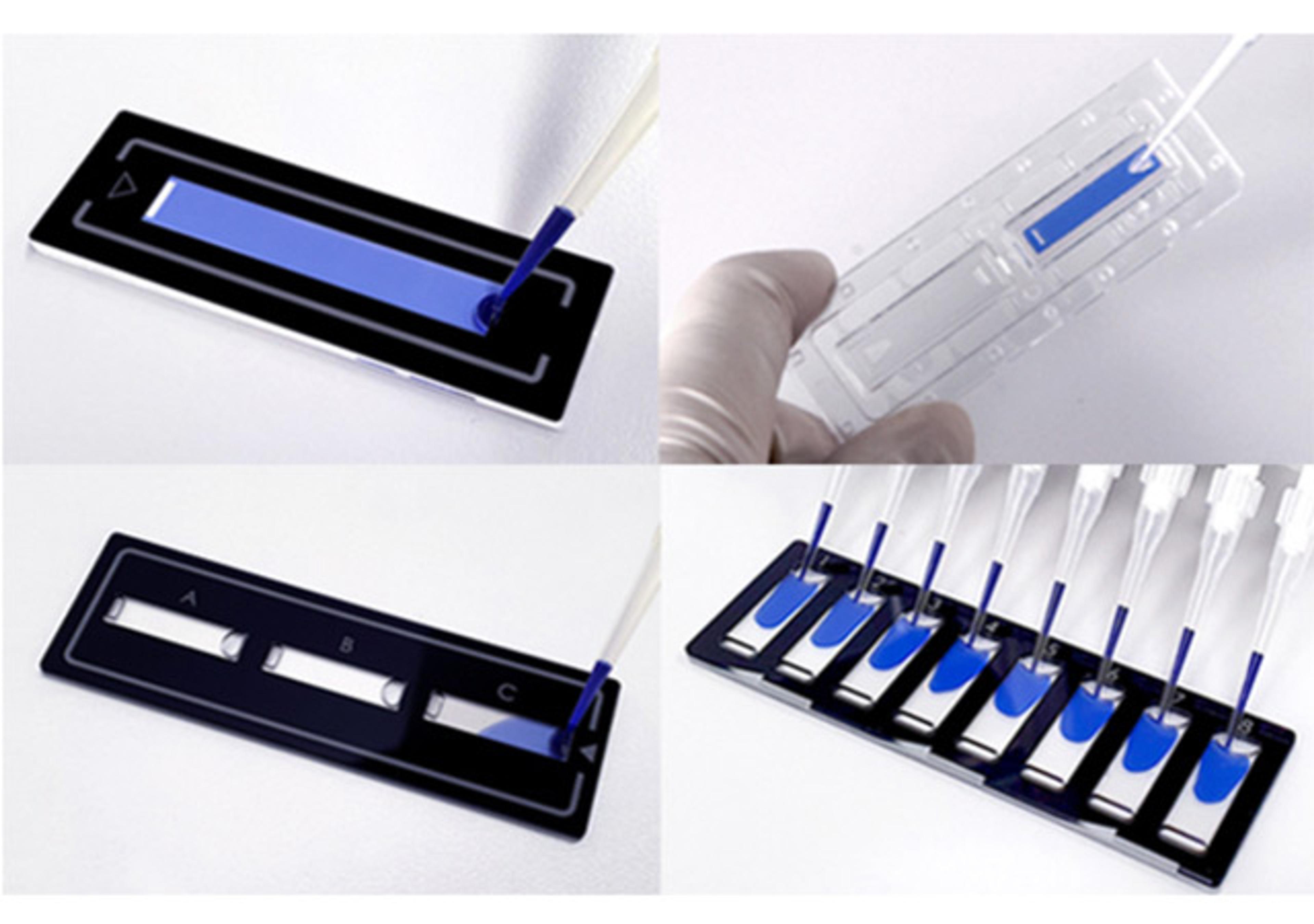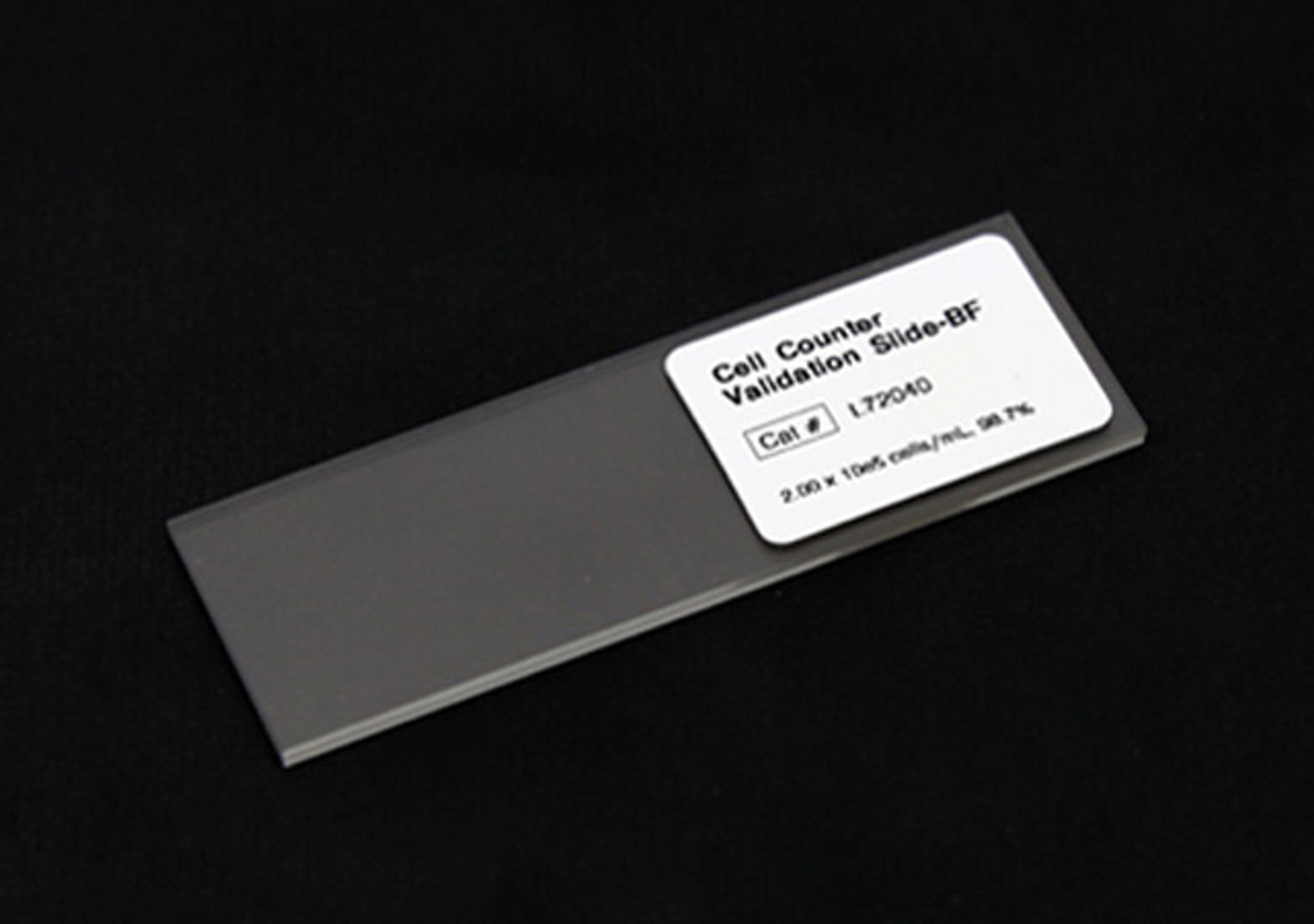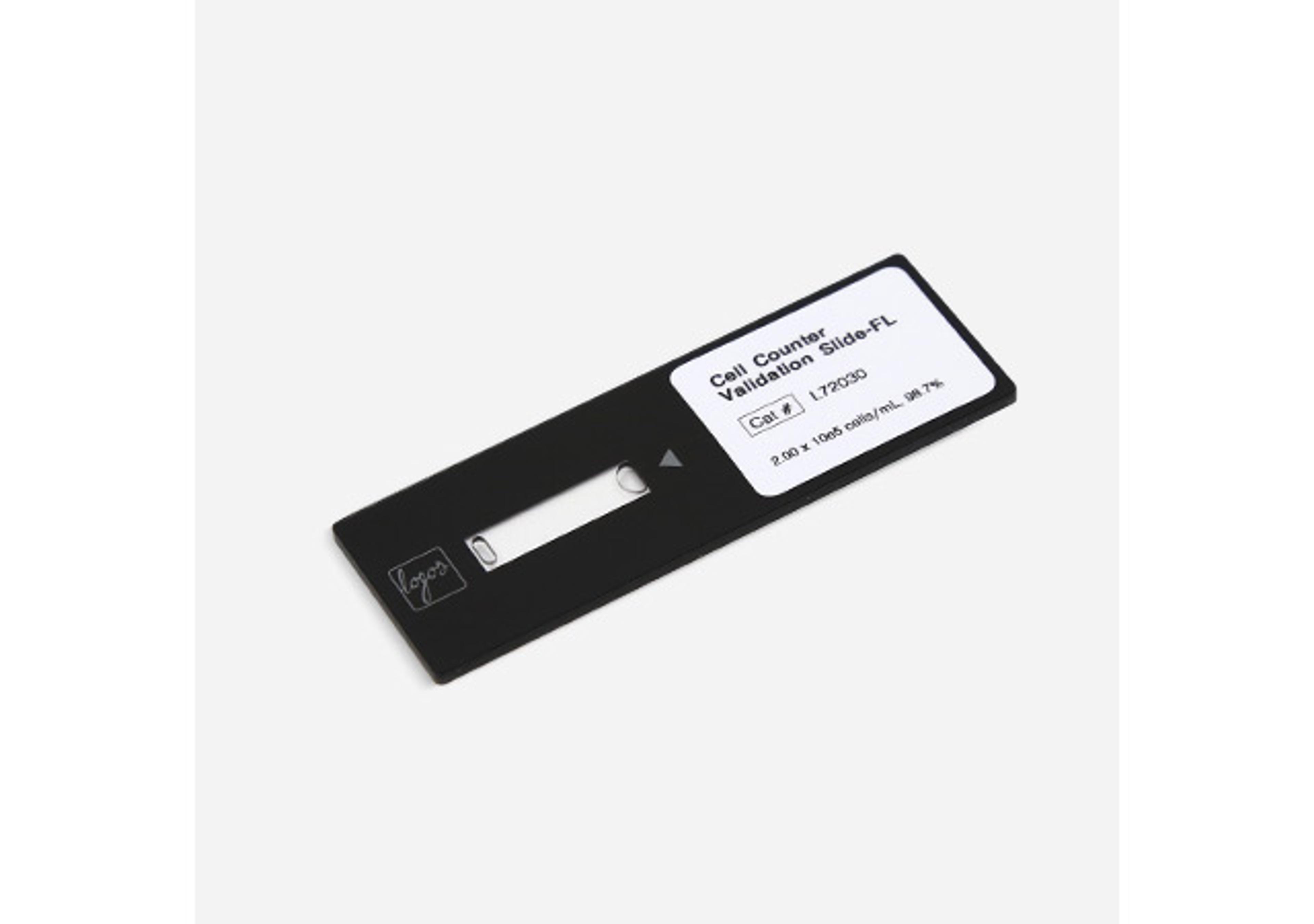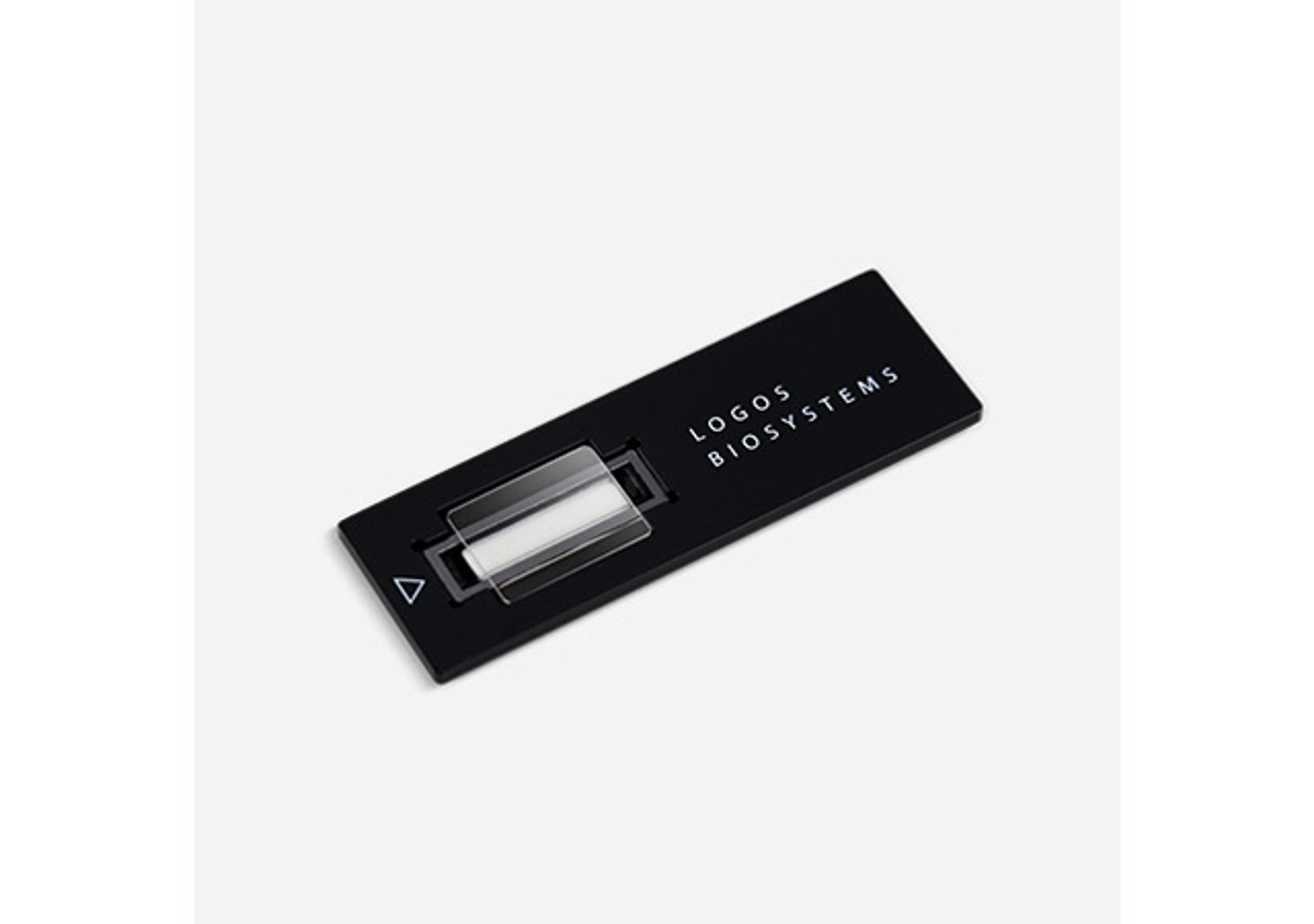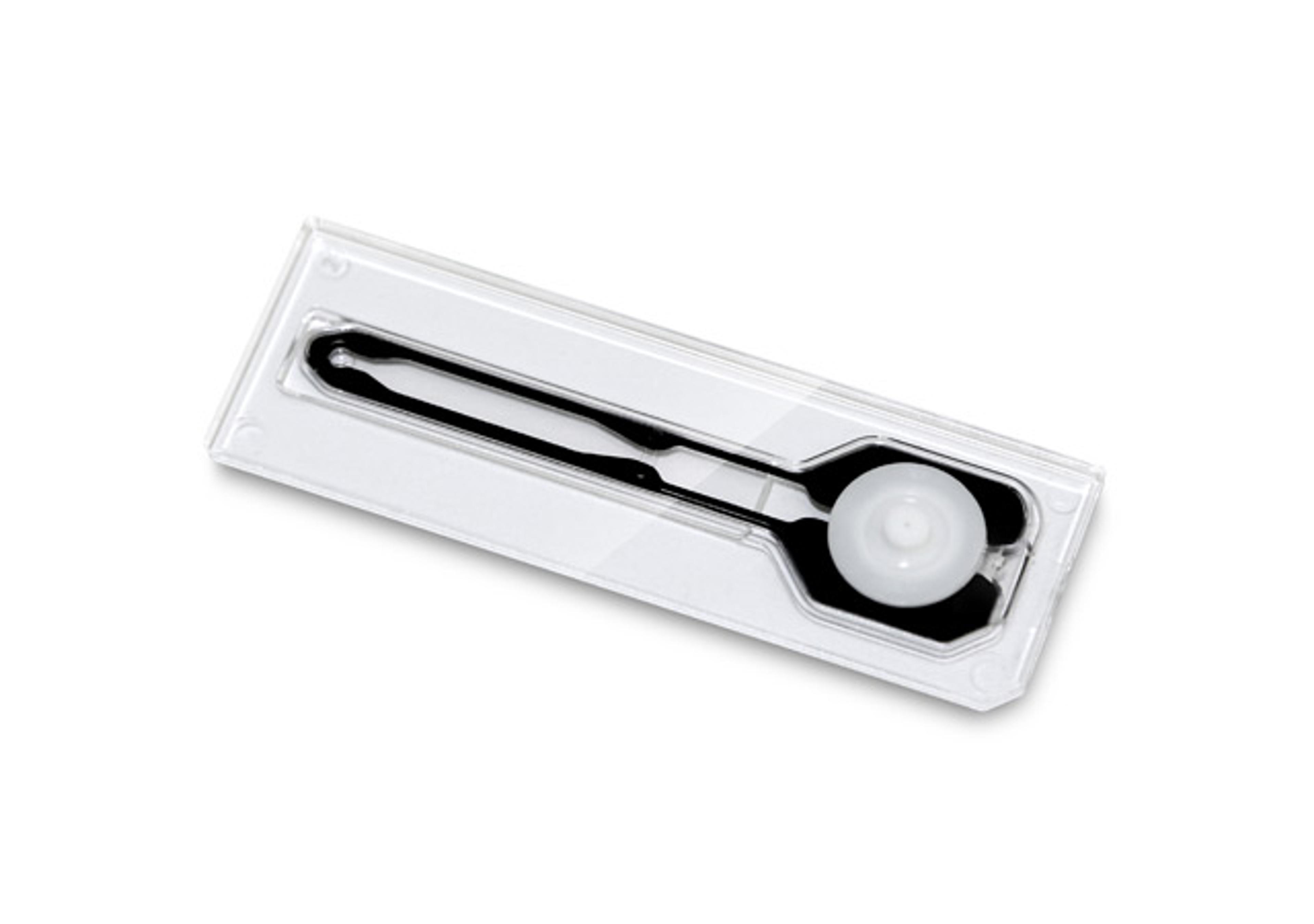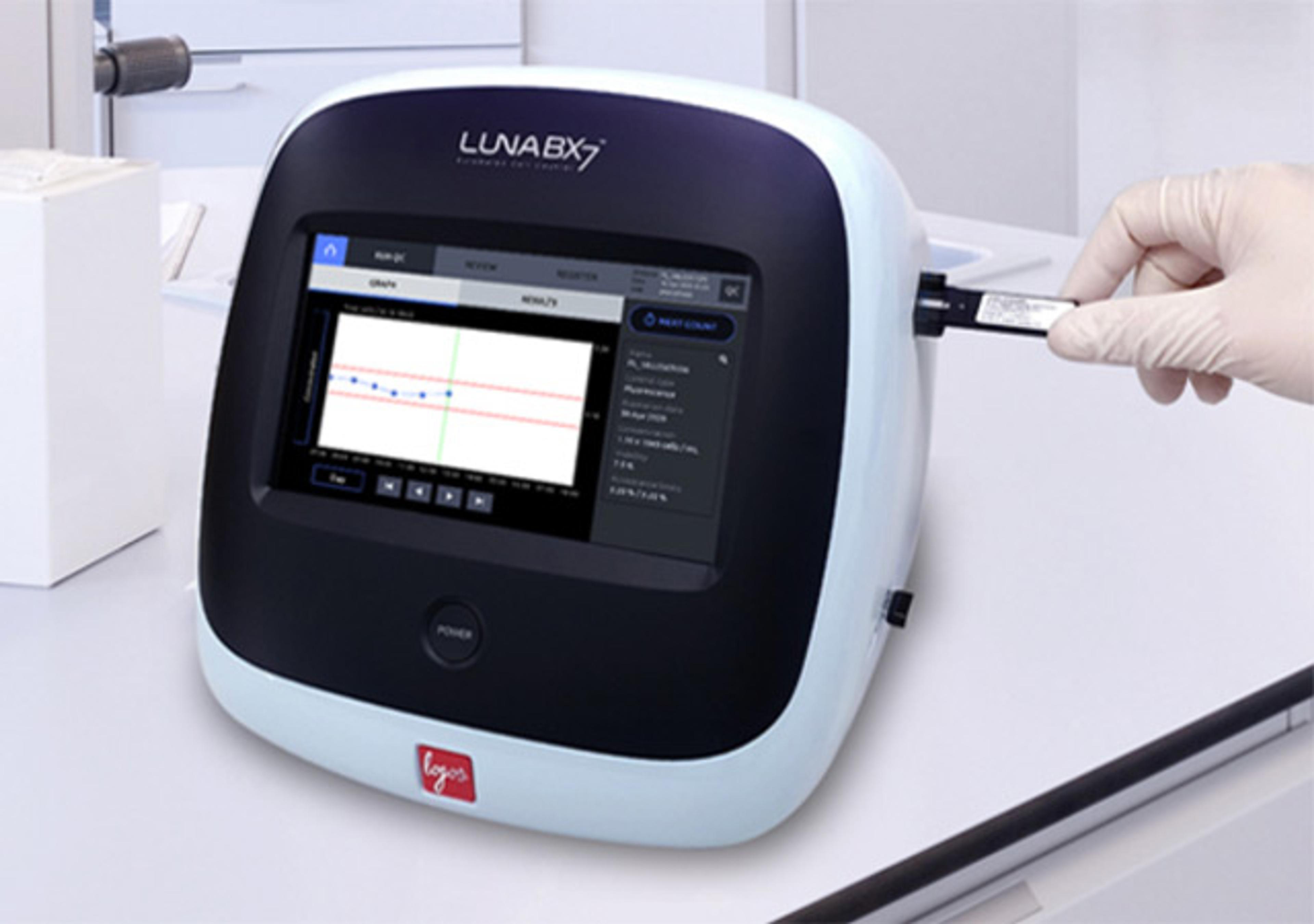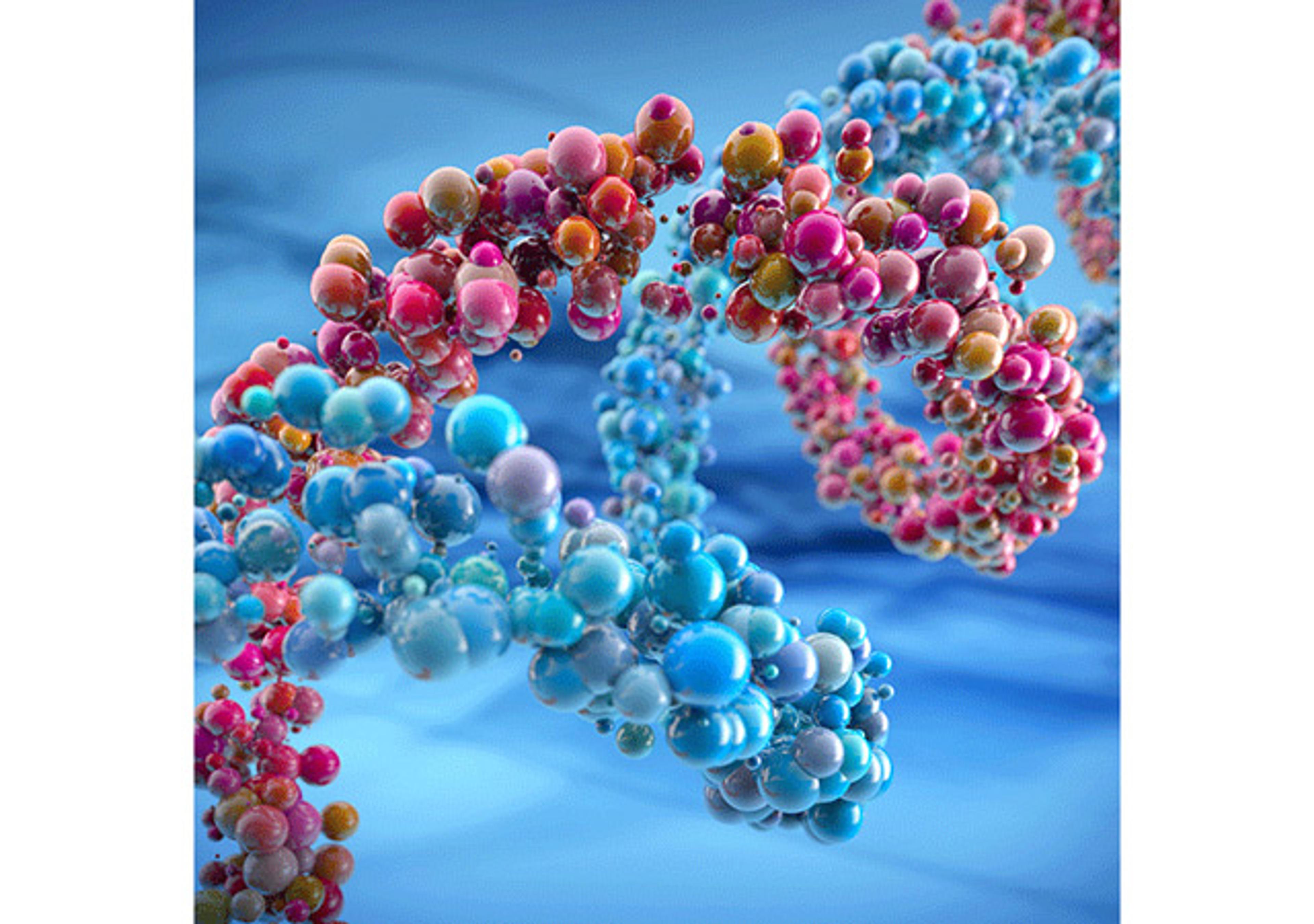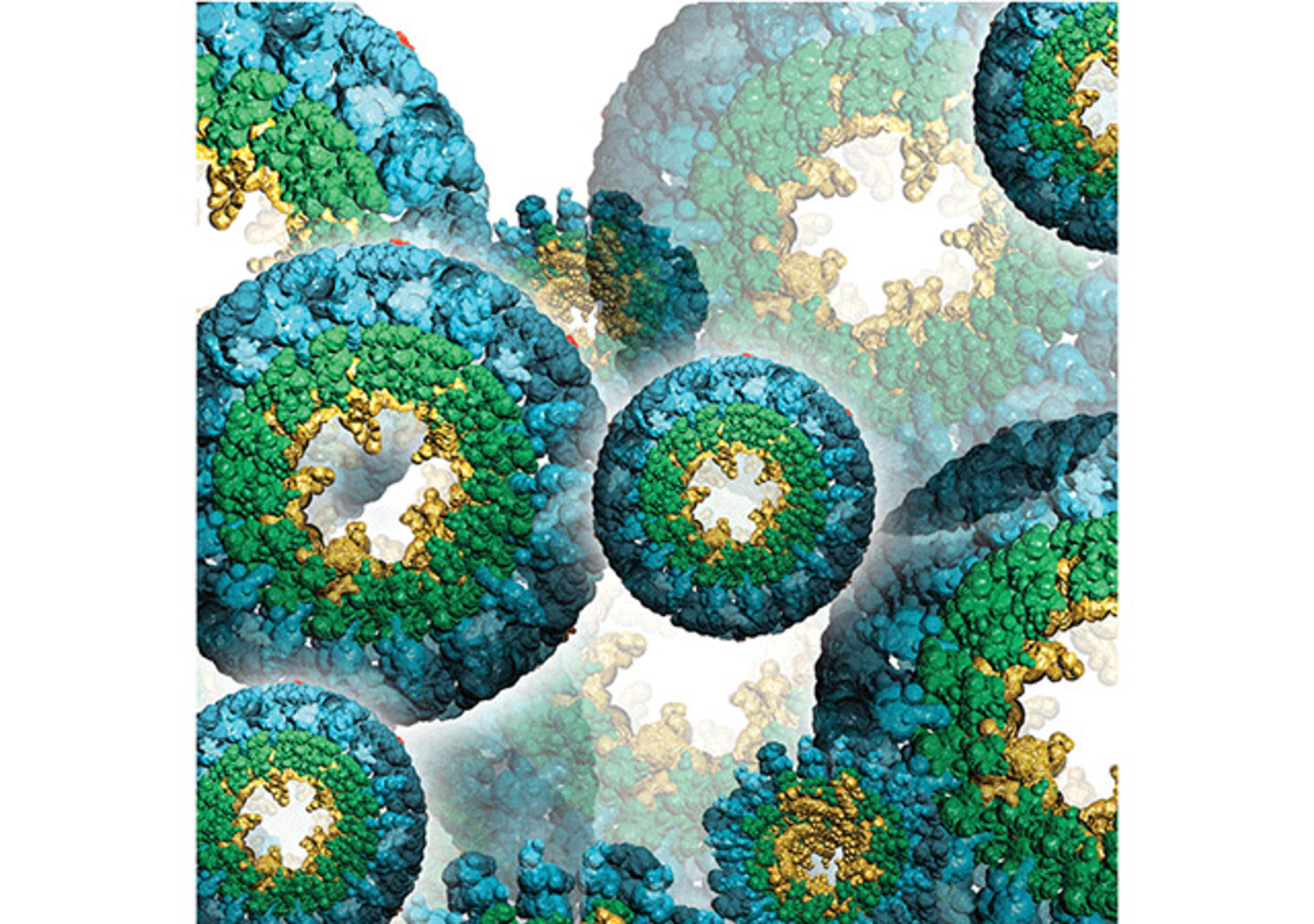Crystal Screen
The Crystal Screen and Crystal Screen 2 reagent kits are designed to provide a highly effective and rapid screening method for the crystallization of macromolecules. The screens are simple and practical for finding initial crystallization conditions. The initial crystallization conditions for more than 1,000 proteins, peptides, oligonucleotides, and small molecules have been determined using Crystal Screen.A highly effective…
The supplier does not provide quotations for this product through SelectScience. You can search for similar products in our Product Directory.
Proteins Crystallization
Proteins perform many functions in living organisms. The function of a protein can be understood from its three dimensional (3D) structure. The 3D structure of a protein can be determined from its crystal diffraction data. To get crystal of a protein, the protein should be >95% pure and concentrated to 2 mg/ml(large molecular mass proteins) -100 mg/ml (small molecular weight proteins). In general 2-10 mg/ml of pure proteins is required for crystallization. In crystallization experiment usually 1-5 microlitre of protein is mixed with an equal amount of the crystallization solution and then it is equilibrated with the other liquid for several days. There are many crystallization kits screen available for finding the initial conditions for crystallization. Crystal screens 1 and 2 Hampton research are used as basic for finding the initial crystallization conditions. I recommend these screen as they contain buffer pH 3-10, salts(Nacl,KCl) and good precipitant such as PEG.
Review Date: 7 Jan 2014 | Hampton Research
The Crystal Screen and Crystal Screen 2 reagent kits are designed to provide a highly effective and rapid screening method for the crystallization of macromolecules.
The screens are simple and practical for finding initial crystallization conditions. The initial crystallization conditions for more than 1,000 proteins, peptides, oligonucleotides, and small molecules have been determined using Crystal Screen.
A highly effective approach to overcome the exhaustive search for suitable crystallization conditions is the use of a sparse matrix method of trial conditions that is biased and selected from known crystallization conditions for macromolecules. The formulation utilized in Crystal Screen and Crystal Screen 2 evaluates 96 unique mixtures of pH, salts, polymers and organics, and their ability to promote crystal growth.
Crystal Screen Features:
- The original sparse matrix screen
- Sparse matrix formula efficiently samples salts, polymers, organics, & pH
- Proven effective with more than 1,000 biological macromolecules
- Tube or Deep Well block format
Crystal Screen Applications:
- Primary screen for proteins, soluble peptides, nucleic acids, & water soluble small molecules
- Sparse matrix additive screen

